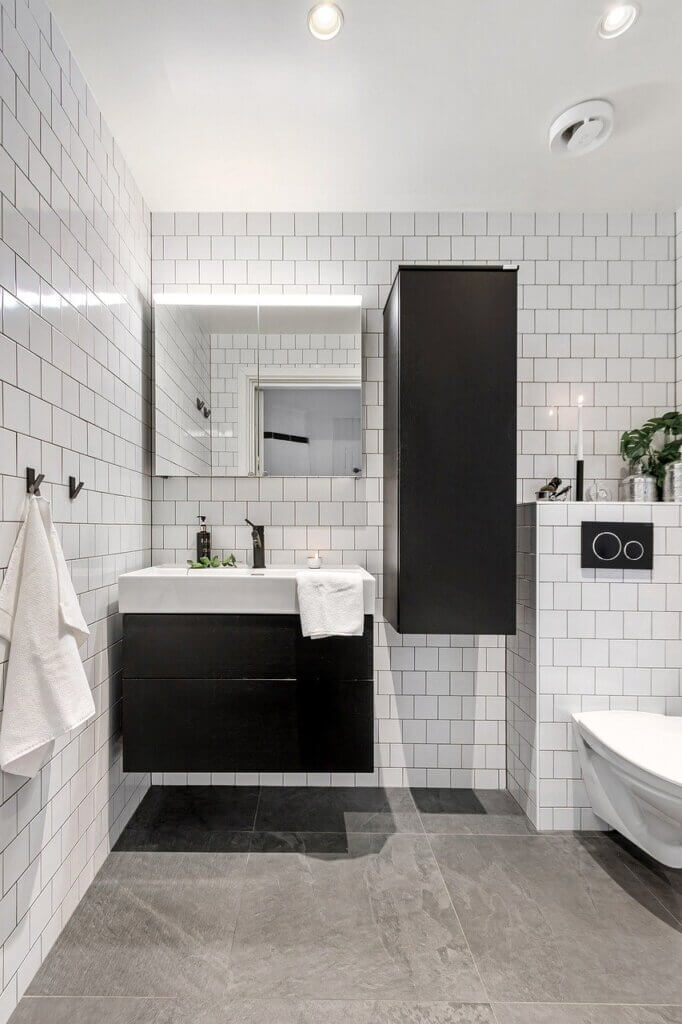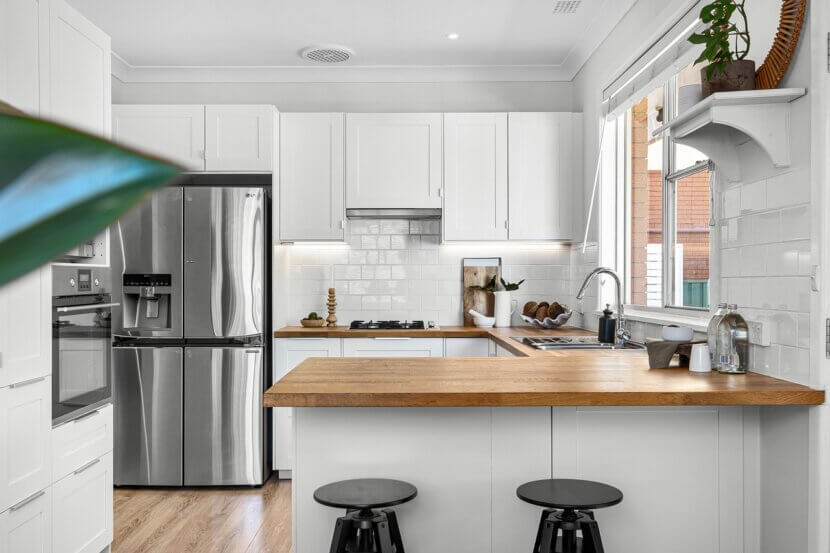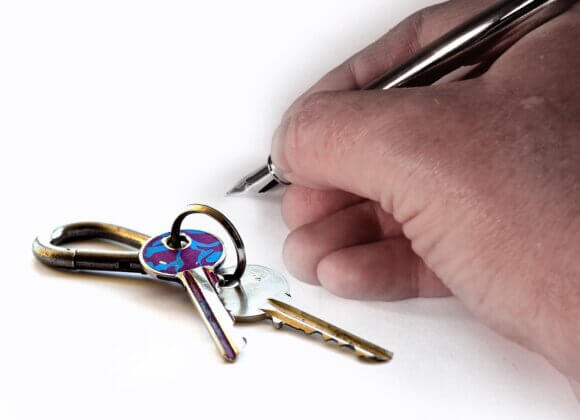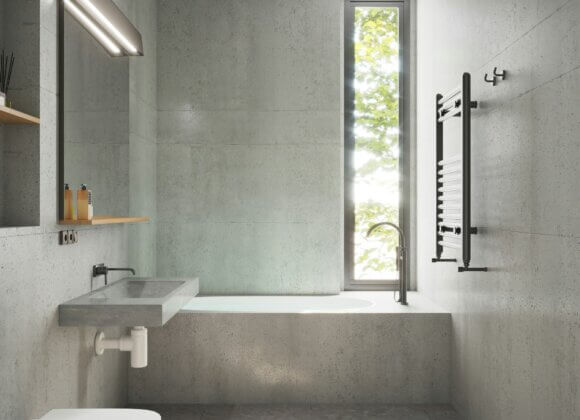Time and again, apartments are rented out including furnishings or various items of furniture. Elke Hanel-Torsch, Chairwoman of the Vienna Tenants’ Association, knows how the furniture rent is calculated correctly in this case, who is liable in the event of damage and much more.
Furnishing an apartment costs a lot of money. This makes it all the more gratifying if the landlord has already furnished it and the interior is rented out with the apartment. But beware: rent is not payable for every item of furniture.
When can the landlord charge rent for furniture?
Furniture rent, also known as inventory rent, is only regulated by law for apartments that fall within the full scope of application of the Tenancy Act. These are rental apartments whose construction was approved before July 1, 1953, subsidized new buildings that were built after June 30, 1953 and rented condominiums with a building permit before May 8, 1945. In these apartments, the furniture rent must be expressly agreed – only then may the landlord demand rent for it.
What about furniture rental in new buildings?
There are no regulations on renting furniture in new buildings.
For example, when is the kitchen in an old apartment considered to be co-rented?
A kitchen in an old building is considered to be co-let if this has been explicitly agreed in the tenancy agreement. If nothing has been agreed in this respect, the tenant can use the kitchen free of charge.
Who owns the kitchen in this case?
The kitchen still belongs to the landlord, but the tenant may use it – as mentioned above.
Can I replace the kitchen or other furniture that I don’t like?
In principle, this would be possible in consultation with the landlord. However, the tenant would have to dismantle the furniture in question himself and reassemble it at the elevator. In the meantime, they must be stored in such a way that they are not damaged.
Who has to repair any damage?
It is clear that the tenant must treat the rented inventory with care. However, if there is damage that goes beyond normal wear and tear – such as minor scratches – the tenant must replace the items. This is based on the current value and not the new value.
However, the tenant does not have to replace fixtures and fittings that have been broken through no fault of their own. However, if the Tenancy Act applies in full, the landlord does not have to replace the broken fixtures and fittings either. In this case, for example, if the dishwasher is broken, the tenant can claim a rent reduction. “However, reducing the rent yourself is risky,” warns Hanel-Torsch. It would be better to continue paying the rent with reservations until you have reached an agreement with the landlord on the amount of the reduction and to seek legal advice beforehand. If you reduce the rent on your own authority, the landlord could bring an action for rent and eviction or you may have to pay extra if the court decides that you have withheld too much.
Can a furniture rent be charged for all furnishings?
No. Furniture rent cannot be charged for equipment features such as stove, sink, shower, washbasin and WC. In the case of a furniture rent for a fitted kitchen, the stove and sink (even in a category D apartment) must therefore be excluded from the calculation.

How do you calculate the furniture rent, for example for a kitchen?
First things first: the furniture rent must always be reasonable. In principle, the amount of the inventory rent is based on the current value and remaining useful life. In addition, there is a profit surcharge for the landlord (usually 12 percent) plus 20 percent VAT.
An exampleThe current value (value at the time the contract is concluded) of a fitted kitchen is 10,000 euros. With a remaining useful life of 20 years (240 months), this results in a monthly amount of 41.67 euros. The profit surcharge (12 percent) is 5.00 euros. The total monthly fee is therefore 46.67 net. Total amount including 20 percent VAT: EUR 56.00.
How long can the landlord demand money for the kitchen that is also rented out?
For the entire duration of the tenancy.
When do you actually have to pay a transfer fee for the kitchen?
If a transfer fee is paid for a kitchen, it becomes the property of the tenant.

Photo credits: Stefan Burghart
Related posts:
11 things you should do first when moving house













